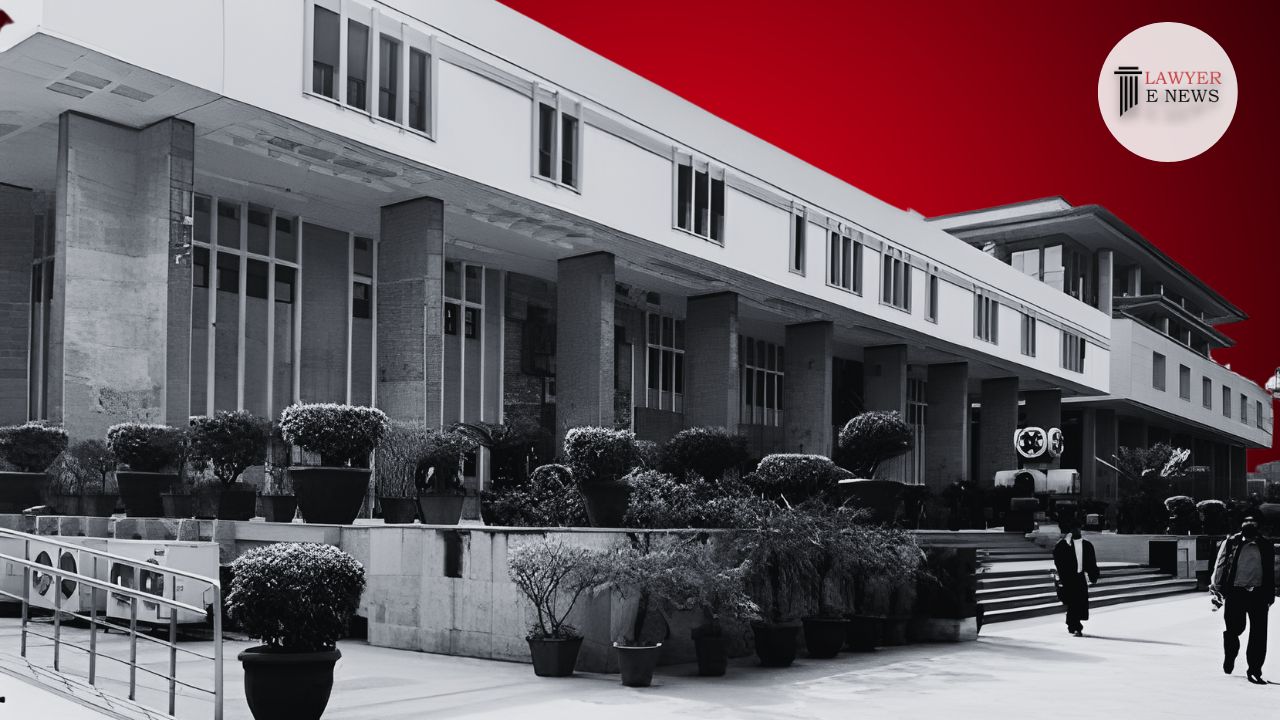-
by Admin
15 February 2026 5:35 AM



The High Court of Delhi, in a significant ruling, has set aside orders passed by lower courts mandating interim compensation under Section 143A of the Negotiable Instruments Act, 1881 (NI Act), emphasizing the discretionary nature of the provision. The decision, delivered by Hon’ble Mr. Justice Navin Chawla, highlighted the courts’ misinterpretation of Section 143A, stating, “Section 143A of the NI Act is ‘discretionary’, not ‘mandatory’; orders for interim compensation set aside.”
The petitions before the court challenged the mandatory interpretation applied by the Metropolitan Magistrates in directing the petitioners to pay interim compensation amounting to 10% to 12% of the dishonored cheque values. The primary legal contention revolved around whether Section 143A imposed a mandatory obligation on courts to order such compensation.
The petitions were filed by various directors and authorized signatories of a company accused of dishonoring cheques issued as per agreed repayment terms under certain consent terms related to commercial transactions and subsequent legal disputes. The petitioners argued against the lower courts’ interpretation that treated the interim compensation directive under Section 143A as obligatory, without considering the discretionary leeway provided by the Supreme Court precedents.
Justice Chawla’s judgment meticulously dissected the provisions of Section 143A, citing the Supreme Court’s directive that courts must exercise discretion grounded in a careful examination of each case’s specific circumstances. The High Court noted several factors the trial courts overlooked, including the substantial securities (flats) already held against the dues and the financial distress of the accused, which should temper the application of interim compensation directives.
Justice Chawla clarified that the liability for interim compensation rests specifically with the drawer of the cheque, not extending automatically to corporate directors or signatories under Section 141 of the NI Act unless directly involved. Thus, directing interim compensation against the petitioners was deemed inappropriate.
Decision : The High Court, setting a precedent on the application of Section 143A, vacated the lower courts’ orders mandating interim compensation. It underscored the necessity for judicial discretion and the careful evaluation of each case’s particular facts and circumstances in decisions regarding interim compensation.
Date of Decision: April 16, 2024
Prakash Vasant Ajgaonkar & Ors. Vs. The State NCT of Delhi & Anr.
